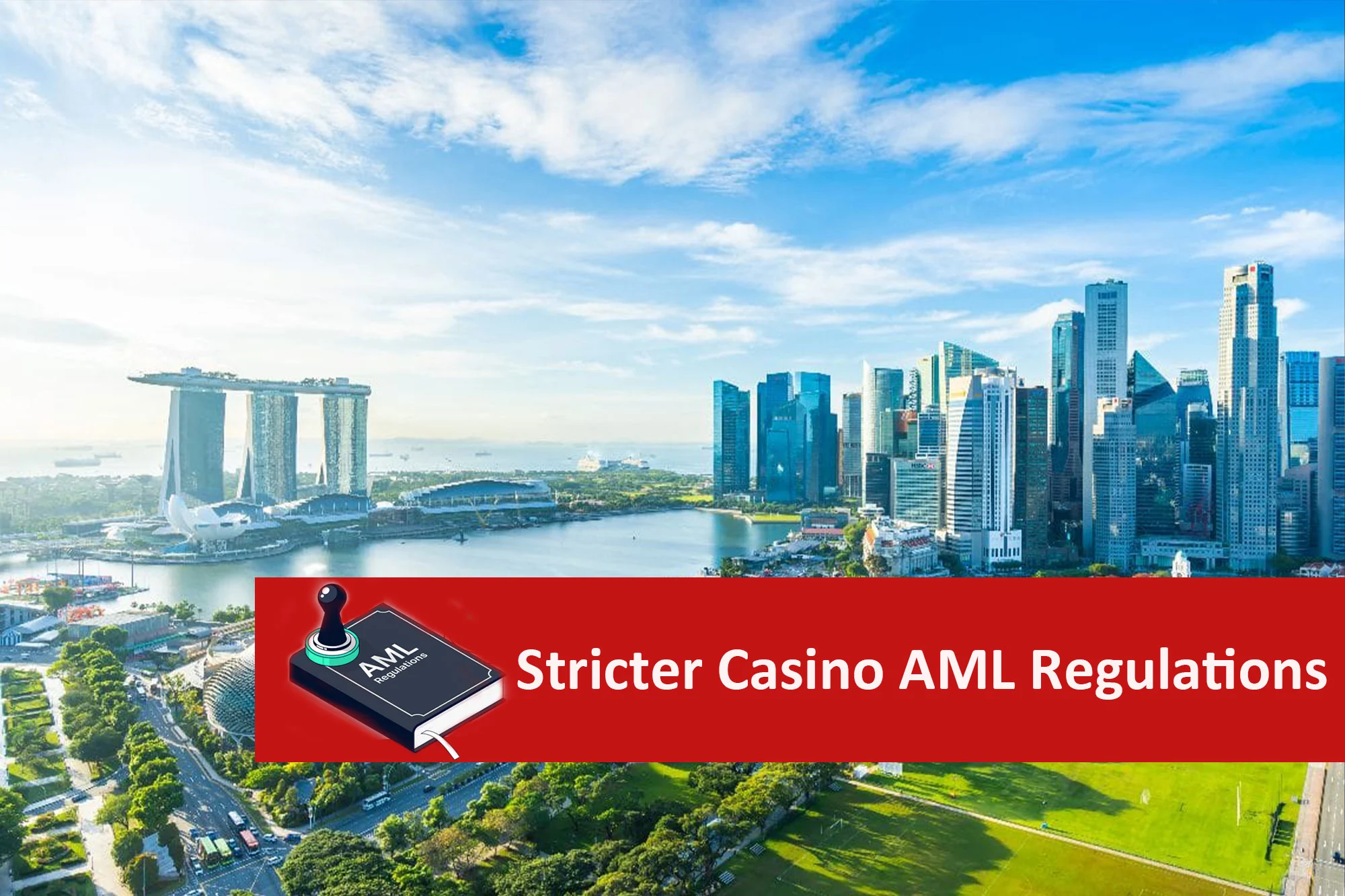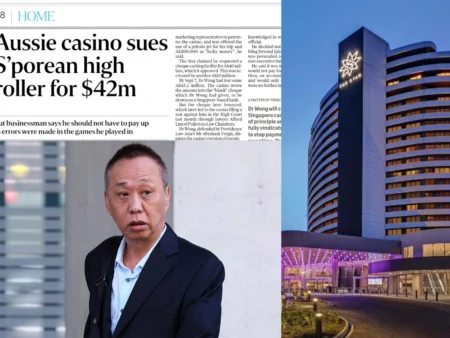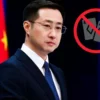
On Tuesday, Singapore’s parliament introduced a bill to amend the Casino Control Act, aiming to strengthen due diligence requirements for casino operators regarding the source of player funds. This initiative is part of the broader Anti-Money Laundering and Other Matters Bill.
Enhanced Due Diligence for Casinos
The amendment will extend beyond anti-money laundering (AML) and combatting the financing of terrorism (CFT) to include “proliferation financing.” This term, defined by the Financial Action Task Force (FATF), refers to funds or financial services used for nuclear, chemical, or biological weapons, violating national or international laws.
The Ministry of Home Affairs emphasized the necessity of aligning with FATF standards, requiring casinos to consider proliferation financing risks in their customer due diligence processes. The Gambling Regulatory Authority of Singapore will have the authority to issue regulations to help casino operators detect and prevent such financing.
Lowering Transaction Thresholds
Currently, casino operators must perform customer due diligence when a single cash transaction involves SGD10,000 (US$7,371) or more, or when receiving SGD5,000 or more in a single deposit. The new bill proposes lowering this threshold to SGD4,000 for both cash transactions and deposits.
Money Laundering Risk in Casinos
According to the Money Laundering Risk Assessment Report Singapore 2024, the city’s casinos face a “moderately high” risk of money laundering exposure. However, enforcement agencies have not found casinos to be directly complicit in such activities. The report noted only a few cases where criminal proceeds were converted into casino chips for laundering purposes, with some instances of third-party money laundering facilitated by casinos.
A notable case involved an alleged scheme to defraud vessel owners of fuel, where one perpetrator used about SGD1.9 million of illicit proceeds to purchase casino chips. This case is still under court proceedings.
Easing Prosecution Burdens
The Anti-Money Laundering and Other Matters Bill also aims to simplify the prosecution process for money laundering. Amendments to the Corruption, Drug Trafficking, and Other Serious Crimes (Confiscation of Benefits) Act will eliminate the need for prosecutors to establish a direct link between criminal conduct and laundered money. Instead, it will suffice to prove that the money launderer knew or had reasonable grounds to believe they were handling criminal proceeds. This change is intended to facilitate the prosecution of money mules, especially in cases where illicit funds have passed through multiple foreign accounts before reaching Singapore.
Strengthening Regulations and Enforcement
Prime Minister Lawrence Wong Shyun Tsai stated at a recent FATF plenary meeting that Singapore would use lessons from a recent SGD3-billion money laundering case to enhance its regulatory and enforcement framework. In June, the last of 10 foreign nationals involved in laundering proceeds from Southeast Asian gambling operations was sentenced in Singapore for using illicit funds to purchase luxury goods and properties in the city-state.










